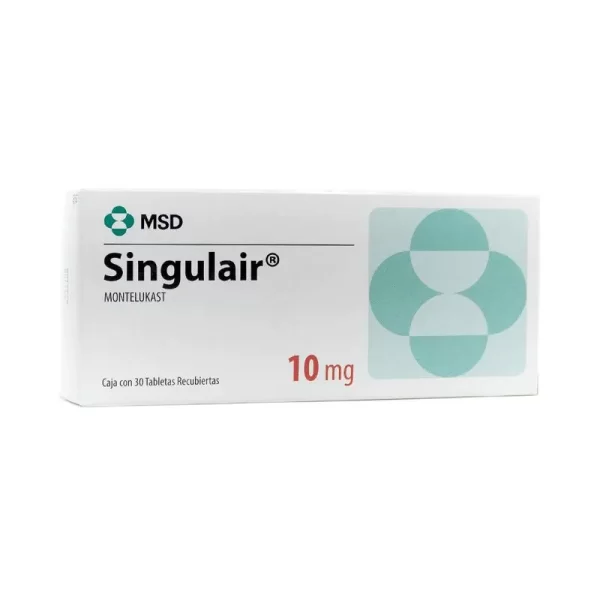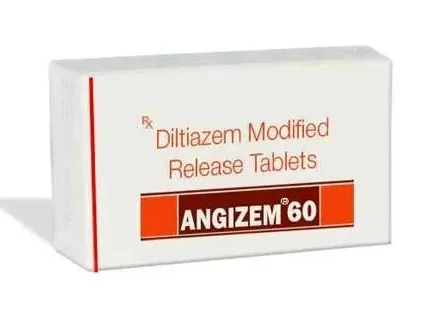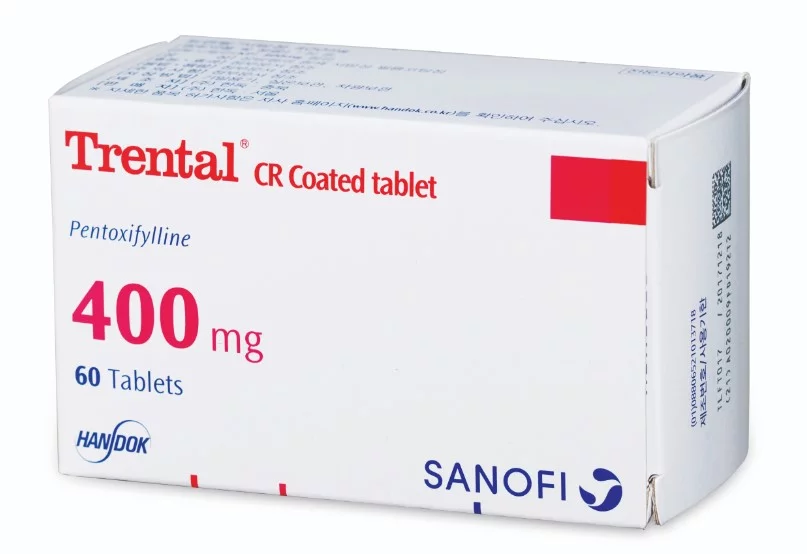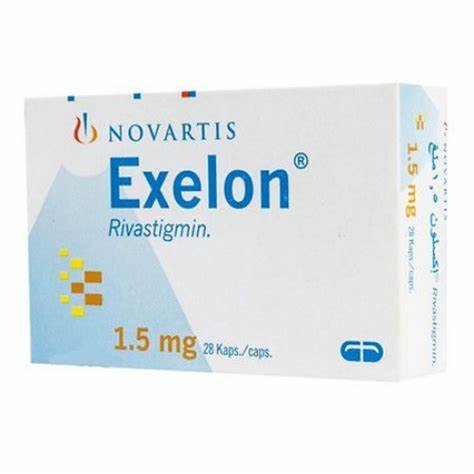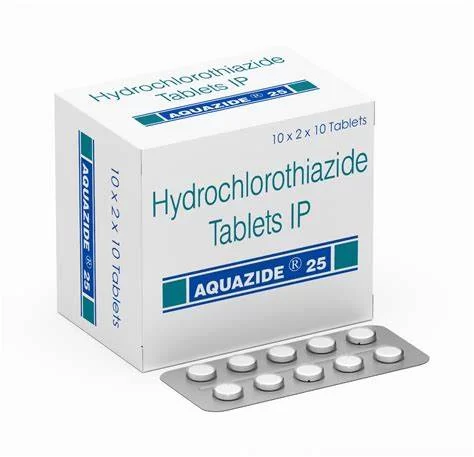
Hydrochlorothiazide
Hydrochlorothiazide - 25mg
| Product | Per Pill | Savings | Per Pack | Order |
|---|---|---|---|---|
| 60 pills | $0.56 | $33.36 | Buy Now | |
| 90 pills | $0.49 | $6.00 | $50.03 $44.03 | Buy Now |
| 120 pills | $0.46 | $12.01 | $66.71 $54.70 | Buy Now |
| 180 pills | $0.42 | $24.02 | $100.07 $76.05 | Buy Now |
| 270 pills | $0.40 | $42.03 | $150.11 $108.08 | Buy Now |
| 360 pills | $0.39 | $60.04 | $200.14 $140.10 | Buy Now |
Hydrochlorothiazide - 5mg
Overview of Hydrochlorothiazide
General Introduction to Hydrochlorothiazide
- Hydrochlorothiazide (HCTZ) is a thiazide diuretic commonly prescribed to treat hypertension (high blood pressure) and edema (swelling) caused by various medical conditions such as heart failure, liver disease, and kidney disorders. It works by reducing the amount of water in the body through increased urine production, which helps to lower blood pressure and decrease swelling. Hydrochlorothiazide is available in various formulations, including oral tablets and capsules.
Key Benefits and Unique Properties of Hydrochlorothiazide
- Effective Blood Pressure Control: Hydrochlorothiazide effectively reduces blood pressure, which helps prevent strokes, heart attacks, and kidney problems.
- Reduction of Edema: Helps to reduce swelling and fluid retention associated with heart failure, liver cirrhosis, and renal disorders.
- Low-Cost Medication: It is a cost-effective treatment option for managing hypertension and edema.
- Combination Therapy: Often combined with other antihypertensive medications to enhance blood pressure control.
- Once-Daily Dosing: Convenient once-daily dosing improves patient adherence to treatment regimens.
Effectiveness of Hydrochlorothiazide
- Clinical studies have shown that Hydrochlorothiazide effectively lowers blood pressure and reduces edema. It is commonly used as a first-line treatment for hypertension and is often included in combination therapies to achieve optimal blood pressure control.
Safety and Tolerability of Hydrochlorothiazide
- Hydrochlorothiazide is generally well-tolerated, but patients should be aware of potential side effects such as electrolyte imbalances, dizziness, and increased urination. Serious side effects can include severe dehydration, kidney dysfunction, and allergic reactions. Regular monitoring and adherence to prescribed doses minimize these risks.
Indications for Use of Hydrochlorothiazide
Diseases and Conditions Treated by Hydrochlorothiazide
- Hydrochlorothiazide is indicated for the treatment of hypertension (high blood pressure) and edema associated with heart failure, liver cirrhosis, nephrotic syndrome, and other medical conditions.
Primary Symptoms and Indications for Hydrochlorothiazide
- Hypertension: Helps to lower high blood pressure, reducing the risk of cardiovascular events such as stroke and heart attack.
- Edema: Reduces fluid retention and swelling associated with various medical conditions, including heart failure, liver disease, and kidney disorders.
Dosage and Administration of Hydrochlorothiazide
Recommended Dosage of Hydrochlorothiazide
- The typical starting dose for hypertension is 25 mg once daily, which may be adjusted based on the patient's response. For edema, the usual dose ranges from 25 mg to 100 mg daily, either as a single dose or divided into smaller doses.
Timing and Frequency of Hydrochlorothiazide Administration
- Hypertension Treatment: Typically taken once daily, preferably in the morning to avoid frequent urination at night.
- Edema Treatment: The dose may be taken once daily or divided into smaller doses throughout the day based on the patient's needs and the severity of edema.
Additional Recommendations for Hydrochlorothiazide Use
- Proper Use: Follow the dosing instructions provided by a healthcare professional. Take the medication at the same time each day to maintain an even level of the drug in your body.
- Missed Dose: If a dose is missed, take it as soon as remembered unless it is almost time for the next dose. Do not double the dose to make up for the missed one.
- Monitoring: Regular follow-up appointments with a healthcare provider are important to monitor blood pressure, kidney function, and electrolyte levels.
Mechanism of Action of Hydrochlorothiazide
Description of Hydrochlorothiazide Mechanism
- Hydrochlorothiazide works by inhibiting the sodium-chloride symporter in the distal convoluted tubule of the kidneys, which reduces sodium and water reabsorption, leading to increased urine production and decreased blood volume.
Biochemical Processes Involving Hydrochlorothiazide
- Inhibition of Sodium Reabsorption: By blocking sodium reabsorption in the kidneys, Hydrochlorothiazide promotes the excretion of sodium and water, which helps reduce blood volume and pressure.
- Reduction of Peripheral Vascular Resistance: Long-term use of Hydrochlorothiazide reduces peripheral vascular resistance, contributing to sustained blood pressure control.
Physiological Effects of Hydrochlorothiazide
- Blood Pressure Reduction: Lowers blood pressure by reducing blood volume and peripheral vascular resistance.
- Diuresis: Increases urine output, which helps to reduce edema and fluid retention.
Composition of Hydrochlorothiazide
Active Ingredients in Hydrochlorothiazide
- The active ingredient in Hydrochlorothiazide is hydrochlorothiazide.
Inactive Ingredients in Hydrochlorothiazide
- Inactive ingredients may include lactose, magnesium stearate, microcrystalline cellulose, and other excipients depending on the formulation. These ingredients help stabilize the formulation and ensure proper delivery of the medication.
Side Effects of Hydrochlorothiazide
General Introduction
- Understanding potential side effects helps ensure the safe use of Hydrochlorothiazide. Patients should be aware of common and serious side effects to monitor their health effectively while on the medication.
Possible Side Effects of Hydrochlorothiazide
- Common Side Effects: Increased urination, electrolyte imbalances (e.g., low potassium, low sodium), dizziness, headache, and gastrointestinal disturbances.
- Less Common Side Effects: Muscle cramps, weakness, rash, photosensitivity, and blurred vision.
- Serious Side Effects: Rare but serious side effects include severe dehydration, kidney dysfunction, and allergic reactions such as anaphylaxis.
Frequency and Severity of Hydrochlorothiazide Side Effects
- Common side effects are generally mild and manageable with dose adjustments and supportive care. Serious side effects are rare but can be life-threatening, necessitating immediate medical intervention. Regular follow-ups and patient education on correct usage can minimize risks.
Prevention of Side Effects of Hydrochlorothiazide
General Introduction
- Preventing side effects is key to maximizing the therapeutic benefits of Hydrochlorothiazide. By following preventive measures, patients can reduce the likelihood of experiencing adverse reactions.
Tips for Preventing Hydrochlorothiazide Side Effects
- Proper Technique: Use Hydrochlorothiazide as directed, following the instructions for proper administration.
- Regular Monitoring: Regular check-ups with healthcare providers can help detect and manage potential side effects early.
- Consult Healthcare Providers: Inform your healthcare provider about any other medications or supplements to avoid potential interactions.
- Hydration and Nutrition: Maintain adequate hydration and a balanced diet to support overall health.
- Avoid Excess Sun Exposure: Use sunscreen and wear protective clothing to avoid photosensitivity reactions.
Contraindications for Hydrochlorothiazide
General Introduction
- Understanding contraindications ensures the safe use of Hydrochlorothiazide. Certain conditions and diseases may preclude the use of this medication.
Conditions and Diseases Contraindicating Hydrochlorothiazide
- Anuria: Contraindicated in patients with anuria (inability to produce urine).
- Hypersensitivity: Patients with a known hypersensitivity to hydrochlorothiazide or sulfonamide-derived drugs should not use this medication.
- Severe Renal Impairment: Use with caution in patients with severe renal impairment, as it may worsen renal function.
- Severe Liver Disease: Use with caution in patients with severe liver disease, as it may precipitate hepatic coma.
Warnings/Precautions for Hydrochlorothiazide
General Introduction
- Following precautions is essential to ensure the safe and effective use of Hydrochlorothiazide. Patients should be informed about potential risks and how to mitigate them.
Important Warnings for Hydrochlorothiazide
- Electrolyte Imbalances: Monitor electrolyte levels regularly to detect and manage imbalances such as hypokalemia and hyponatremia.
- Hypotension: Monitor blood pressure to avoid excessive hypotension, especially in patients taking other antihypertensive medications.
- Diabetes: Monitor blood glucose levels, as Hydrochlorothiazide can affect glucose tolerance.
- Gout: May increase the risk of gout; use with caution in patients with a history of gout.
Precautions for Hydrochlorothiazide Use
- Regular Monitoring: Regular check-ups with healthcare providers are essential to monitor for potential side effects and ensure effective treatment.
- Patient Education: Educate patients on the signs and symptoms of electrolyte imbalances and when to seek medical help.
- Lifestyle Adjustments: Encourage lifestyle modifications such as maintaining a balanced diet, regular exercise, and avoiding excessive alcohol consumption to support overall health.
Missed Dose of Hydrochlorothiazide
General Introduction
- Proper management of missed doses helps maintain effective treatment outcomes. Patients should be aware of how to handle missed doses to avoid disruptions in their treatment regimen.
Steps to Take if a Dose is Missed
- Timely Action: Take the missed dose as soon as remembered unless it is almost time for the next dose.
- Avoid Doubling: Do not double the dose to make up for the missed one. Instead, continue with the next dose as scheduled.
Tips for Adherence to Dosing Schedule
- Set Reminders: Use alarms or reminders on your phone to remember to take your doses.
- Consistent Routine: Take the medication at the same time every day to reduce the likelihood of missing a dose.
- Medication Organizer: Use a pill organizer to keep track of your doses and avoid missing any.
Drug Interactions with Hydrochlorothiazide
General Introduction
- Understanding drug interactions is crucial for ensuring the safe use of Hydrochlorothiazide. Some medications can affect the action of Hydrochlorothiazide or increase the risk of side effects.
Examples of Drug Interactions
- Antihypertensive Medications: Combined use with other antihypertensive drugs can enhance the blood pressure-lowering effects, potentially causing hypotension.
- NSAIDs: Nonsteroidal anti-inflammatory drugs (NSAIDs) can reduce the diuretic and antihypertensive effects of Hydrochlorothiazide.
- Lithium: Concurrent use with lithium can increase lithium levels, leading to toxicity.
- Diabetes Medications: Hydrochlorothiazide can affect blood glucose levels, necessitating adjustments in diabetes medications.
- Corticosteroids: Concurrent use with corticosteroids can enhance the risk of electrolyte imbalances, particularly hypokalemia.
Preventing Negative Interactions
- Inform Healthcare Providers: Inform your healthcare provider about all medications and supplements you are taking.
- Monitor for Symptoms: Watch for signs of side effects or unusual reactions and report them to your healthcare provider promptly.
- Read Labels Carefully: Check labels for potential interactions with other medications, especially over-the-counter drugs that may also contain similar active ingredients.
Overdose of Hydrochlorothiazide
Symptoms of Overdose
- Common Symptoms: Overdose can lead to symptoms such as severe dizziness, fainting, extreme thirst, muscle pain or weakness, dry mouth, nausea, and vomiting.
- Severe Symptoms: Severe overdose may result in significant electrolyte imbalance, dehydration, and kidney failure.
Immediate Actions in Case of Overdose
- Seek Medical Help: Immediately seek medical attention if an overdose is suspected.
- Supportive Measures: Medical personnel may provide supportive measures such as monitoring vital signs, administering intravenous fluids, and correcting electrolyte imbalances.
Pharmacokinetics of Hydrochlorothiazide
Absorption
- Rate and Extent: Hydrochlorothiazide is well absorbed after oral administration, with peak plasma concentrations occurring within 1.5 to 2.5 hours.
Distribution
- Tissue Distribution: Hydrochlorothiazide is widely distributed throughout the body, with a high volume of distribution. It is moderately bound to plasma proteins.
Metabolism
- Metabolic Pathways: Hydrochlorothiazide is not significantly metabolized in the liver and is primarily excreted unchanged in the urine.
Elimination
- Excretion: The drug is excreted mainly through the urine, with a half-life ranging from 6 to 15 hours depending on the formulation and patient’s renal function.
Dosage Forms of Hydrochlorothiazide
Available Forms and Strengths
- Oral Tablets: Typically available in 12.5 mg, 25 mg, and 50 mg strengths.
- Combination Tablets: Available in combination with other antihypertensive medications such as losartan and lisinopril to enhance blood pressure control.
Advantages of Different Forms
- Oral Tablets: Convenient for daily use and easy administration.
- Combination Tablets: Simplifies the treatment regimen by combining multiple medications into a single pill, enhancing adherence.
Pregnancy and Breastfeeding
Safety During Pregnancy
- Risks to Fetus: The safety of Hydrochlorothiazide during pregnancy has not been fully established. It may cause harm to the fetus if used in the second and third trimesters.
- Recommendations: Pregnant women should use Hydrochlorothiazide under the guidance of a healthcare provider, with regular monitoring of both mother and fetus.
Safety During Breastfeeding
- Excretion in Breast Milk: Hydrochlorothiazide is excreted in breast milk in small amounts. The effects on a nursing infant are unknown.
- Recommendations: Consult a healthcare provider before using Hydrochlorothiazide while breastfeeding to ensure safety for the mother and baby.
Storage Conditions
General Storage Recommendations
- Storage Temperature: Store at room temperature between 20°C to 25°C (68°F to 77°F).
- Protection from Light and Moisture: Keep in the original packaging, protected from light and moisture.
Shelf Life
- Expiration Date: Check the expiration date on the package and do not use the medication after it has expired.
Clinical Trials and Efficacy
Overview of Clinical Trials
- Study Design and Methods: Clinical trials include randomized controlled trials assessing the efficacy and safety of Hydrochlorothiazide in treating hypertension and edema.
Key Findings and Conclusions
- Efficacy Results: Studies have shown that Hydrochlorothiazide effectively lowers blood pressure and reduces edema. It is often used as a first-line treatment for hypertension.
- Safety Profile: Side effects are generally manageable with dose adjustments and monitoring. Serious side effects are rare when used correctly.
Conclusion
Summary of Key Aspects:
- Hydrochlorothiazide is a valuable medication for managing hypertension and edema. It offers significant benefits in blood pressure control and fluid reduction, with multiple administration routes for flexibility in treatment.
Recommendations for Improving Therapy:
- Follow healthcare professional instructions, adhere to prescribed dosages, and attend regular check-ups to optimize treatment and minimize side effects. Monitoring and adjusting lifestyle factors, such as maintaining a balanced diet and regular exercise, can further enhance the therapeutic benefits.
Final Conclusion:
- Hydrochlorothiazide provides essential support in managing hypertension and edema, helping to improve the quality of life for patients. Proper use and adherence to precautions maximize the therapeutic benefits and minimize risks, offering substantial improvements in patient health and well-being.
